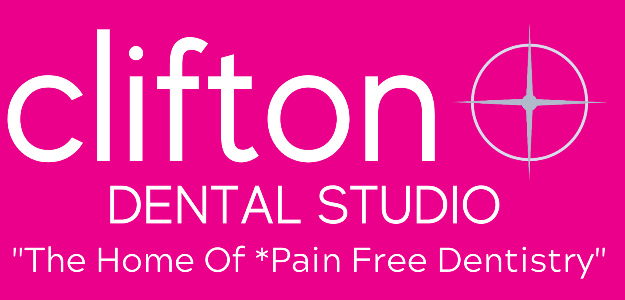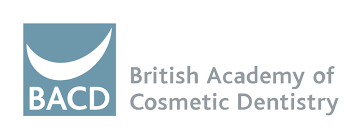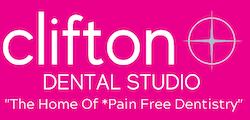Your Dentist in Bath Offers Information and Advice About Temporomandibular Joint Disorder
Temporomandibular joint disorder, also referred to as TMJ or TMD or TMJD affects the joint that connects your lower jaw to the temporal bone of your skull. TMJ also impacts the muscles, blood vessels, bones and nerves surrounding the area. Common symptoms of TMJ disoder includes intense pain in the face, jaw, and sometimes even the neck and shoulders of the patient. You may also experience muscle spasm, ringing in your ears, or hearing loss. Patients also report a clicking or popping sound when opening and closing their mouth and sometimes swelling in the face and mouth. TMJ disorder can also shift the position of your teeth, changing the structure of your overall bite. You may find it difficult to open and close your jaw fully or to swallow normally. There have also been reports of nausea or dizziness. The good news is that TMJ disorder very rarely calls for surgery. Your dentist in Bath will be able to treat you with personalised treatments suited to your individual case. Your dentist may need to alter the surface of your teeth to correct your biting. This can be done through veneers or braces. You may simply require a mouth guard to protect your teeth from grinding at night. There are several options to explore for treatment so come speak with your dentist as soon as possible to stop the pain of TMJ disorder.Tags: TMJ











